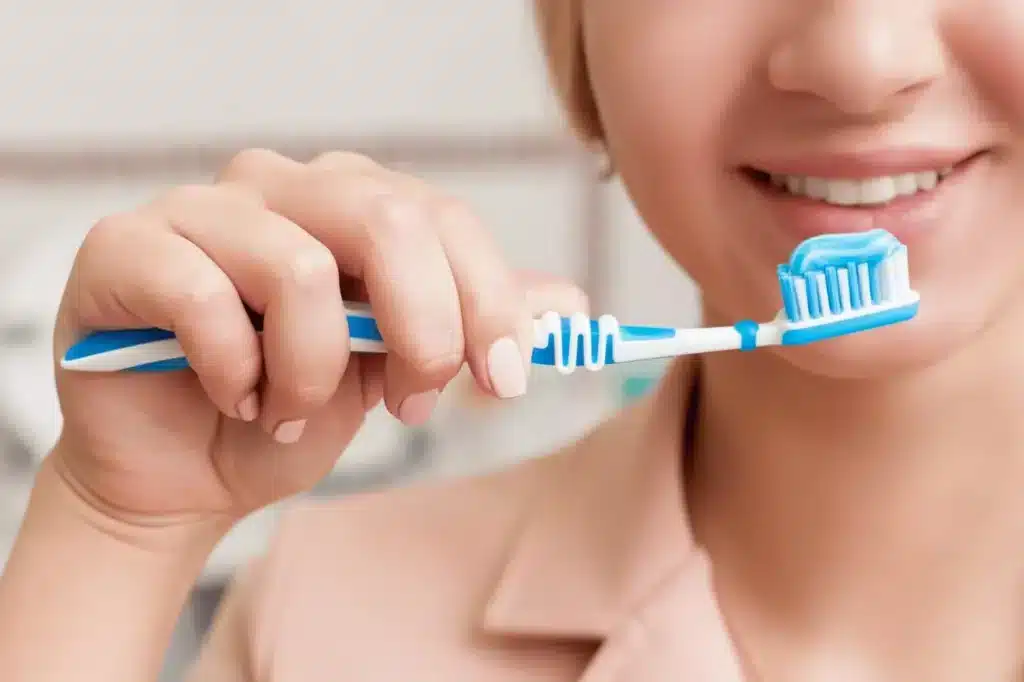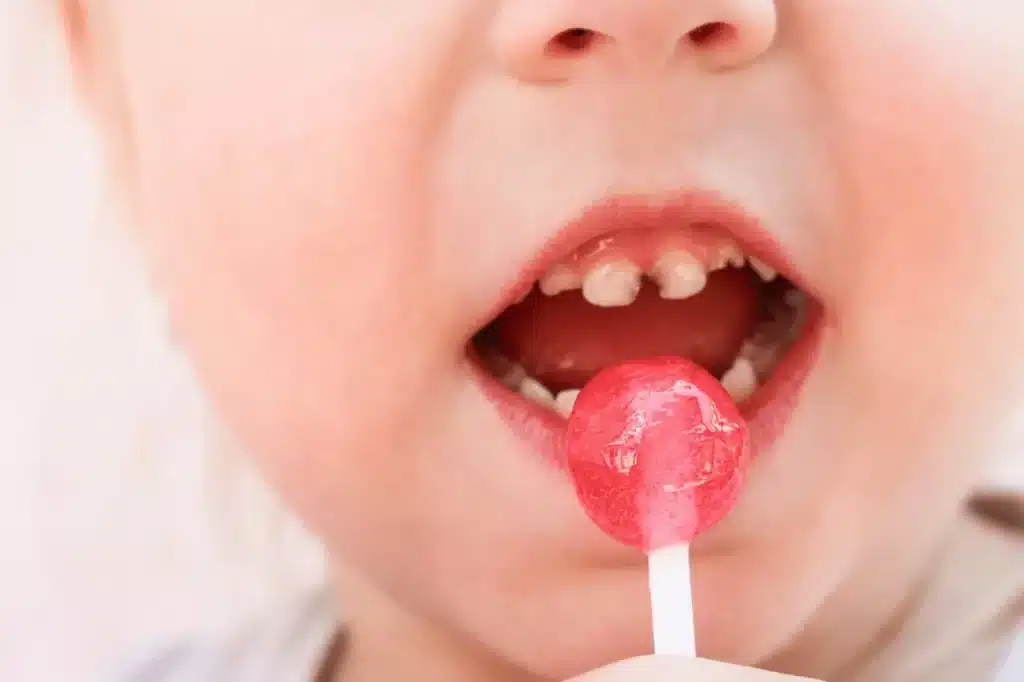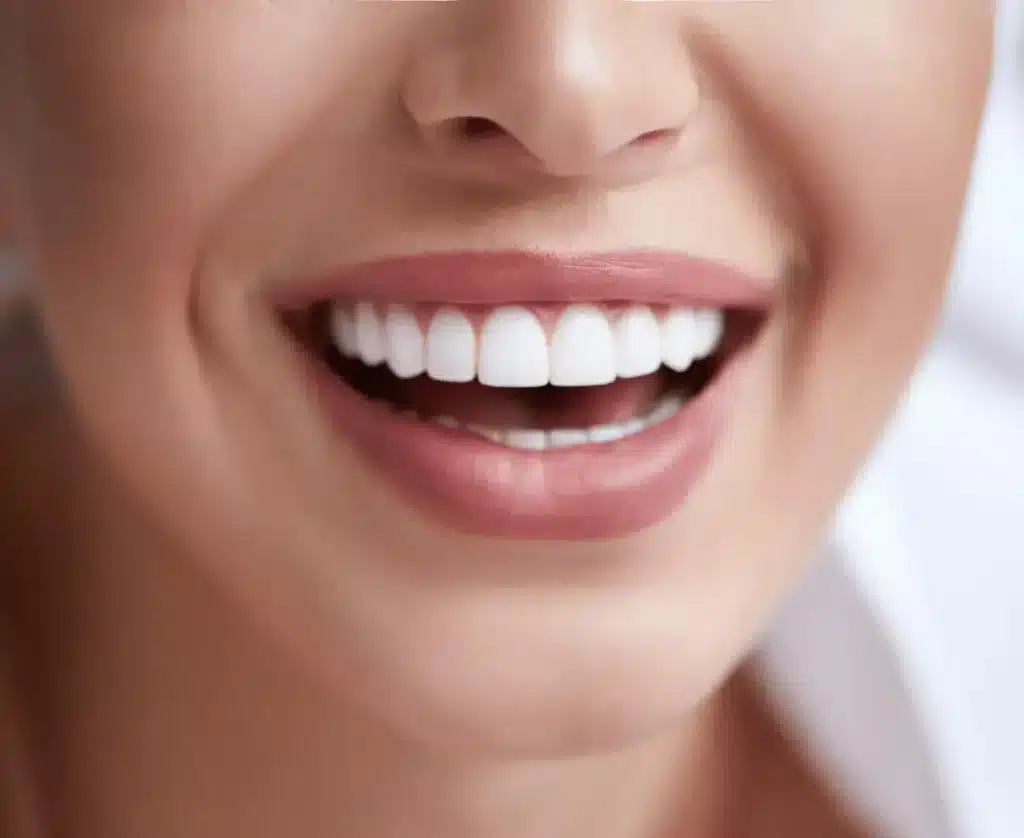Are you falling prey to common myths about oral health? It’s time to set the record straight and separate fact from fiction. This article disproves five widely believed oral health misconceptions that may lead you astray. Let’s dive in and uncover the truth behind these prevalent myths about oral health.
Myth 1: You Only Need to See a Dentist if You Have Dental Problems
Many people believe the myth that dental visits are only necessary when experiencing dental issues.
People don’t bother visiting dentists until they have:
- Jaw pain
- Bleeding gums
Regular visits to the dentist enable early detection of potential problems, such as cavities or gum disease, allowing for prompt treatment. Additionally, professional cleanings help remove plaque and reduce the risk of future dental issues.

Myth 2: Brushing Harder is Better for Clean Teeth
One prevalent myth about oral health suggests brushing harder produces cleaner teeth. However, the truth is quite the opposite.
Aggressive brushing can:
- Harm your teeth and gums
- Cause enamel erosion
- Gum recession
Brushing harder does not make teeth cleaner; instead, it can lead to severe tooth sensitivity to hot and cold foods. Use a soft-bristled toothbrush and apply light pressure in circular motions.

Myth 3: Sugar Is the Sole Cause of Tooth Decay
Contrary to popular belief, sugar itself does not directly cause cavities. It is just one of the myths about oral health.
The critical factors are
- The duration that sugary substances remain on the teeth before brushing
- The reaction of plaque bacteria with these substances
When plaque bacteria interact with sugars, they release acids, contributing to tooth decay.

Myth 4: Whiter Teeth Are Always Healthier Teeth
It’s time to debunk the myth that equates whiter teeth with healthier teeth. While teeth whitening treatments can enhance the appearance of your smile, they do not necessarily indicate optimal dental health. Teeth whitening focuses on cosmetics, whereas oral health encompasses various factors like:
- Gum health
- Tooth decay prevention
- Proper oral hygiene practices
Remember, a healthy smile goes beyond appearance and involves maintaining a balanced oral ecosystem through regular dental care and oral hygiene.

Myth 5: My Oral Health Has No Effect on My Overall Health
Your oral health profoundly impacts your overall well-being, which may come as a surprise. Neglecting oral hygiene can elevate the risk of various diseases, including
- Endocarditis
- Pregnancy complications
- Respiratory disorders
By maintaining proper oral care practices, you can significantly reduce the likelihood of developing these health issues. Remember, a healthy mouth contributes to a healthier body.

Conclusion
Don’t fall victim to these myths about oral health; prioritize regular dental check-ups to maintain optimal oral health. Neglecting dental care can result in costly and time-consuming complications. Investing a few minutes daily to care for your teeth is well worth it in the long run.


